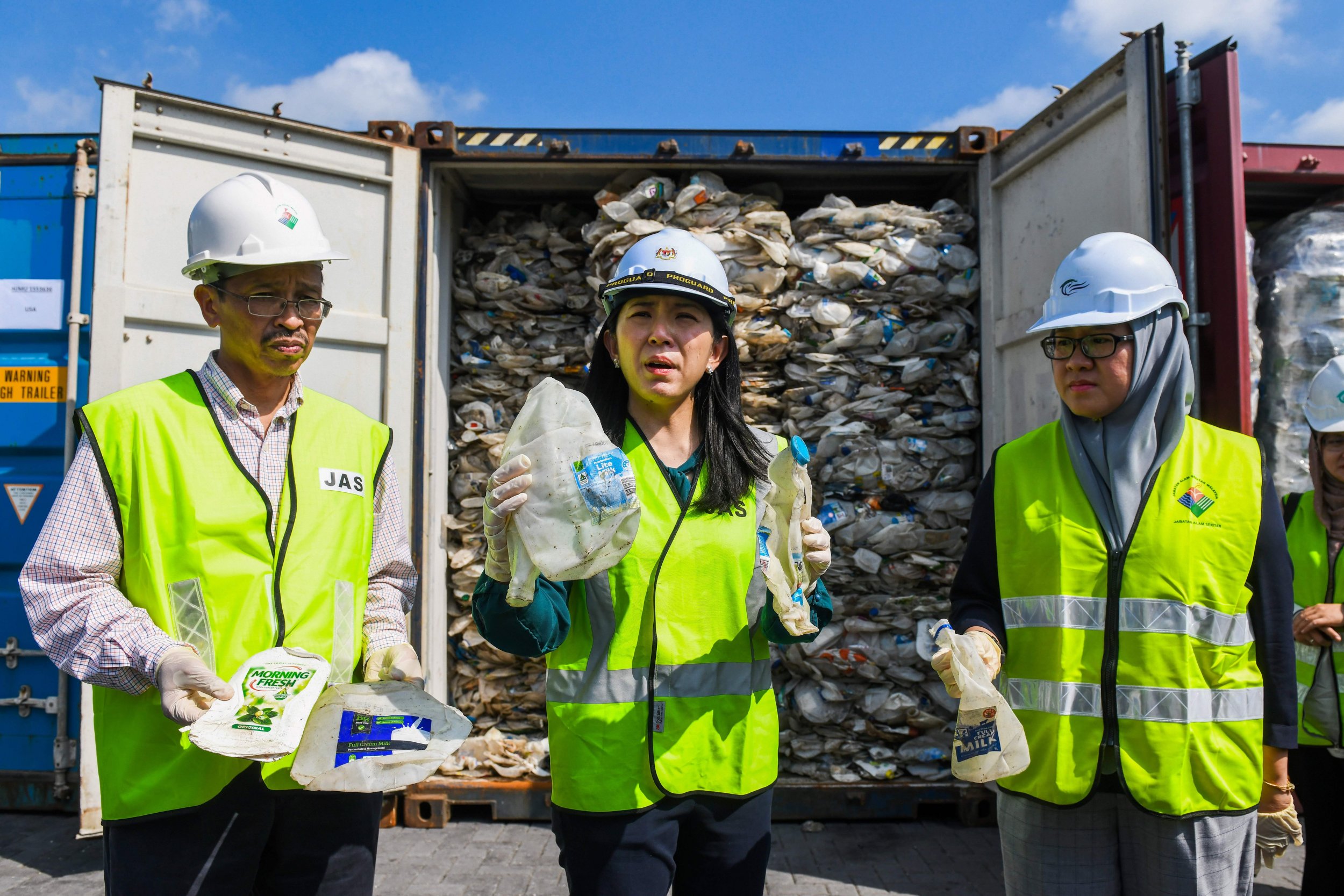Waste management is a dirty business, but a lucrative one that’s bound to grow as global garbage woes worsen. The worldwide market for trash-incinerating power plants that reduce pollution will be worth $80 billion by 2022, according to some financial analysts’ estimates. Japan, which has cultivated just this rubbish acumen, is hoping to cash in on the refuse boom.
A June 23 report in Nikkei Asian Review reveals that Japan’s environment ministry has set aside about $18.6 million (¥2 billion) in its fiscal 2019 budget for a public-private consortium that will develop proposals and bid on waste management deals in Southeast Asian nations, most of which face serious pollution challenges. The goal is to win contracts for Japanese companies and some goodwill.

Japan will publicize the ministry’s program at the Group of 20 summit in Osaka on June 28 and 29, promoting the green aspects of its plan and its environmental leadership. One of the meeting’s main themes this year is “environment and energy,” with a focus on climate change, innovative approaches to power, and plastic litter management.
Currently, there are 10 trial waste-to-power plant projects across the 10 member states of the Association of Southeast Asian Nations, including in Singapore, Thailand, Indonesia, and Vietnam. Japan will help its own companies sell trash conversion plants—and comprehensive waste management plans—in the hopes of cornering the market before China. The Chinese also sell waste-to-power plant technology. However, Japan is positioning itself as providing more than that, according to the report.
Japan is offering service packages that include waste disposal systems, personnel training, and recycling, targeting the specific needs of individual countries. To do this, the ministry is putting together private companies, such as Hitachi Zosen, JFE Engineering, Mitsubishi Heavy Industries, and members of municipal governments in regions with expertise in different aspects of trash management, like collection and separation.


The Japanese companies will then propose specialized plans for different areas of Southeast Asia to contend with various issues like the trash pileups in Philippine cities or polluted groundwater in Vietnam and Indonesia.

Japan is known for its tidiness. Japanese soccer fans even made headlines at the World Cup in Russia last year when they cleaned up the stadium after games, and the world’s most famous tidying guru, Marie Kondo, hails from the land of white-gloved taxi drivers, traffic cops, and elevator attendants. However, the country has been contending with serious waste issues for more than half a century.
When Japan’s economy began booming in the 1960s, so did its garbage problems, forcing the Japanese to work on waste management innovation (pdf). There are now 380 waste-to-energy plants nationwide. Nearly a third of the country’s refuse-incineration facilities turn garbage into power. If things go as hoped, Japan will increasingly use this know-how to turn trash into cash.
Source : Quartz


















